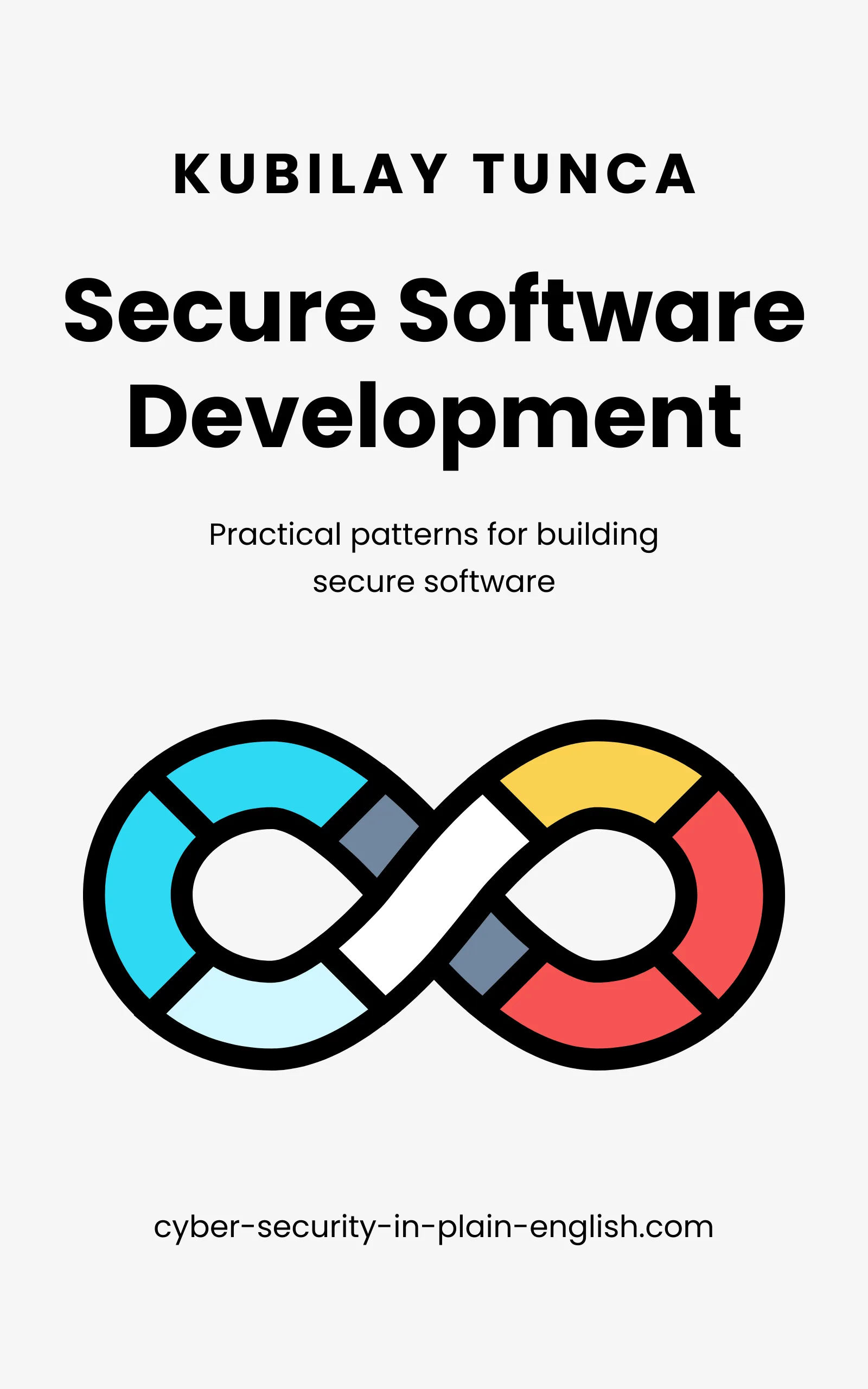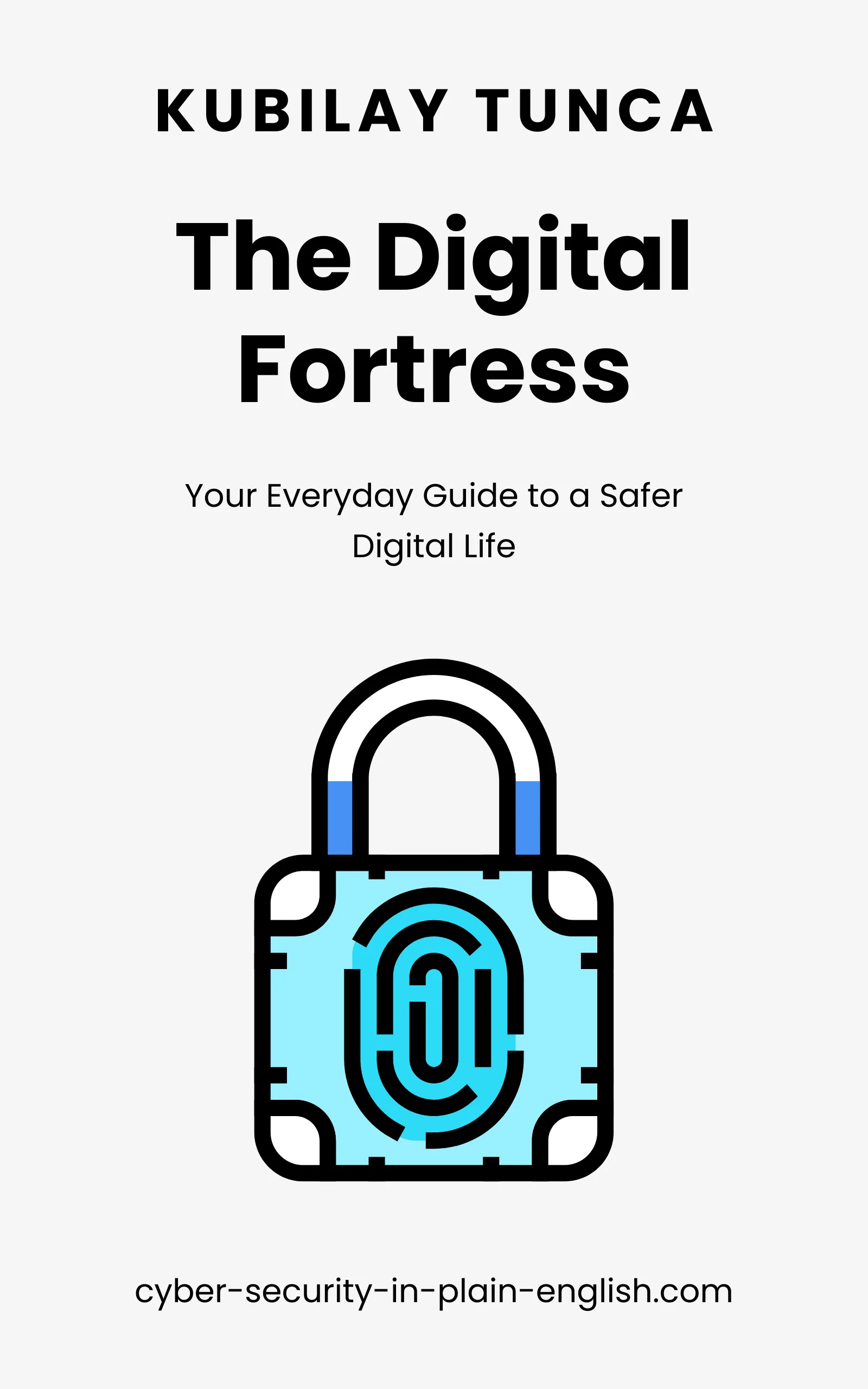Published
- 4 min read
Top GitHub Repositories for Secure Development

How to Write, Ship, and Maintain Code Without Shipping Vulnerabilities
A hands-on security guide for developers and IT professionals who ship real software. Build, deploy, and maintain secure systems without slowing down or drowning in theory.
Buy the book now
Practical Digital Survival for Whistleblowers, Journalists, and Activists
A practical guide to digital anonymity for people who can’t afford to be identified. Designed for whistleblowers, journalists, and activists operating under real-world risk.
Buy the book now
The Digital Fortress: How to Stay Safe Online
A simple, no-jargon guide to protecting your digital life from everyday threats. Learn how to secure your accounts, devices, and privacy with practical steps anyone can follow.
Buy the book nowIntroduction
Secure development is no longer optional in today’s digital landscape. As cyber threats grow increasingly sophisticated, developers must equip themselves with the tools and knowledge to build resilient and secure applications. GitHub, the world’s largest platform for open-source collaboration, hosts countless repositories that provide invaluable resources for secure development.
This guide highlights the top GitHub repositories that every developer should explore to enhance their understanding of secure coding practices and integrate security into their workflows.
Why Use GitHub Repositories for Secure Development?
1. Access to Proven Tools
Repositories often host industry-standard tools that are widely used for security testing and analysis.
2. Collaborative Learning
Open-source projects allow you to learn from and contribute to a global community of developers.
3. Continuous Updates
Many repositories are actively maintained, ensuring that they stay relevant with the latest security challenges and solutions.
4. Diverse Resources
From vulnerability scanners to secure coding libraries, GitHub offers resources for every stage of the software development lifecycle.
Top GitHub Repositories for Secure Development
1. OWASP Cheat Sheet Series
Overview: This repository contains concise guides covering essential security topics like authentication, data protection, and secure development practices.
Why Explore:
- Simplifies complex security concepts into actionable checklists.
- Great for quick reference during development.
Repository Link: OWASP Cheat Sheet Series
2. Node.js Security Best Practices
Overview: A collection of best practices and examples for securing Node.js applications.
Why Explore:
- Focuses on practical advice tailored for Node.js developers.
- Covers authentication, input validation, and dependency management.
Repository Link: Node.js Security Best Practices
3. Awesome Security
Overview: A curated list of cybersecurity tools, libraries, and resources for developers and security professionals.
Why Explore:
- Includes a wide range of topics like cryptography, threat modeling, and secure coding.
- Regularly updated with new resources.
Repository Link: Awesome Security
4. Secure Code Warrior Cheat Sheets
Overview: Focused on secure coding practices, this repository provides quick references for various programming languages.
Why Explore:
- Language-specific tips for writing secure code.
- Helps developers avoid common vulnerabilities.
Repository Link: Secure Code Warrior Cheat Sheets
5. ZAP (Zed Attack Proxy)
Overview: An open-source web application security scanner maintained by OWASP.
Why Explore:
- Great for testing the security of web applications.
- Integrates easily into CI/CD pipelines.
Repository Link: OWASP ZAP
6. Metasploit Framework
Overview: A widely-used tool for penetration testing and vulnerability research.
Why Explore:
- Extensive library of exploits and payloads.
- Ideal for testing the security of your applications in a controlled environment.
Repository Link: Metasploit Framework
7. Bandit
Overview: A Python tool for finding common security issues in Python code.
Why Explore:
- Scans Python projects for vulnerabilities like insecure function calls and imports.
- Lightweight and easy to integrate into development workflows.
Repository Link: Bandit
8. Docker Bench for Security
Overview: A script that checks for best practices in Docker deployments.
Why Explore:
- Helps secure containerized applications.
- Provides detailed reports on vulnerabilities in your Docker configurations.
Repository Link: Docker Bench for Security
9. SQLMap
Overview: An automated tool for detecting and exploiting SQL injection vulnerabilities.
Why Explore:
- Useful for identifying weaknesses in database interactions.
- Offers a variety of testing options and customization.
Repository Link: SQLMap
10. Yara Rules
Overview: A repository of rules for identifying malware patterns and threats.
Why Explore:
- Essential for developers working on applications that handle sensitive data.
- Helps enhance application monitoring and threat detection.
Repository Link: Yara Rules
How to Use These Repositories Effectively
1. Incorporate Tools into Your Workflow
Integrate security tools like OWASP ZAP and Bandit into your CI/CD pipelines for automated checks.
2. Leverage Cheat Sheets
Use cheat sheets during code reviews and development to ensure compliance with best practices.
3. Collaborate with the Community
Contribute to these repositories by fixing issues, improving documentation, or adding features.
4. Stay Updated
Regularly check for updates or new tools added to curated lists like “Awesome Security.”
Real-World Impact of Using GitHub Resources
Example 1: Preventing SQL Injection
By integrating SQLMap into their testing process, a development team detected and resolved SQL injection vulnerabilities in their e-commerce application before launch.
Example 2: Securing Docker Deployments
A team used Docker Bench for Security to identify misconfigurations in their container setups, significantly reducing risks of breaches.
Future Trends in Secure Development Repositories
1. AI-Powered Scanners
Repositories will increasingly host AI-driven tools that detect and fix vulnerabilities autonomously.
2. Customizable Security Frameworks
Expect more repositories offering modular frameworks tailored to specific industries or project needs.
3. Integration with DevSecOps Pipelines
Repositories will focus on seamless integration with DevSecOps practices to automate end-to-end security.
Conclusion
GitHub repositories provide an invaluable resource for developers aiming to build secure applications. By leveraging the tools and knowledge shared in these repositories, you can proactively address vulnerabilities, streamline your workflows, and contribute to the larger security community. Start exploring the repositories listed in this guide and take your secure development practices to the next level.